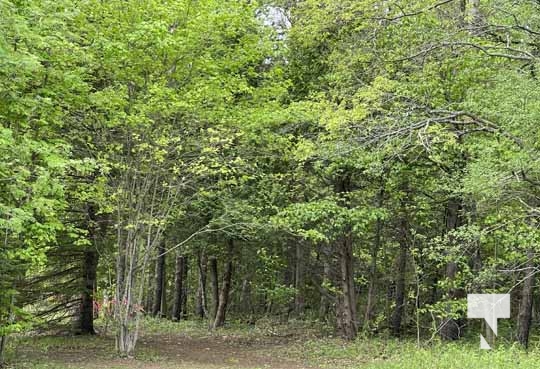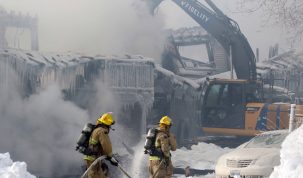(Today’s Northumberland file photo)
Forest Products Association of Canada (FPAC) issued the following statement to recognize the release of the Kananaskis Wildfire Charter at the conclusion of the G7 meetings:
. Canada’s forest sector welcomes the G7’s commitment to address the environmental, economic, health, and social challenges that come with the increase in catastrophic wildfires globally.
Over 3.7 million hectares have already burned in Canada this year, putting us on pace for our second worst fire season on record.
To put that in some context, more than five times the land base that Canada’s foresters would harvest in an entire year has already burned in 2025. And when Canada’s foresters do their work, they ensure the forest is regrown. Fires in some parts of Canada are now burning so hot that regeneration of these forests are challenged due to scorched soils.
The time for action is now. Quite simply, fires will get worse if we are not more proactive in managing fuel loads and our aging forests.
The Kananaskis Wildfire Charter recognizes not only the importance of sustainable forest management as a tool to reduce wildfire risk, but also the need to better understand local conditions and prioritize community-based solutions.
By putting key principles of the Charter into action, the Government of Canada can build on existing initiatives like the Canadian Council of Forest Ministers Wildland Fire Prevention and Mitigation Strategy and the recent funding to support a Centre for Excellence for Wildland Fire Innovation and Resilience.
There are other sensible, science-based actions the federal government should consider that enjoy broad support across Canada’s forest dependent communities, including:
. Investing in Risk Mapping and Protect People. Scale up federal investments that help local communities assess local fire risks, to execute on-the-ground fuel-reduction projects on a priority basis.
. Fix Ottawa’s Outdated Policy and Regulatory Approaches. Fires move much faster than the federal government’s policy and regulatory approaches do. Provincially approved forest management plans consider dynamic local realities and community values. The federal government must work more collaboratively with the provinces and local communities and introduce a ‘wildfire lens’ to any on the ground interventions so priority harvests, fire breaks, and fuel reductions are not delayed.
. Back Indigenous-led Fire Stewardship. Provide ongoing funding to support Indigenous cultural burning and prescribed fire. Ensure emergency preparedness and wildfire training programs are co-developed with Indigenous Peoples to better support communities.
. Create Value from Low-Grade Wood. Accelerate Canada’s forest bioeconomy so low-grade wood, fire-damaged trees, and slash piles can be turned into clean heat, electricity, and bioproducts instead of being fuel for the next fire — supporting rural and northern jobs, reducing fire risks, and cutting carbon emissions at the same time. Approving Investment Tax Credits for biomass use for heat and electricity generation can help incentivize private sector investment to get more of this work done.
The status quo is no longer acceptable to those living in forested communities.
FPAC and its members and community partners look forward to working with the federal government and the provinces to see the Kananaskis Wildfire Charter take hold through federal approaches that better consider current and future realities.
























